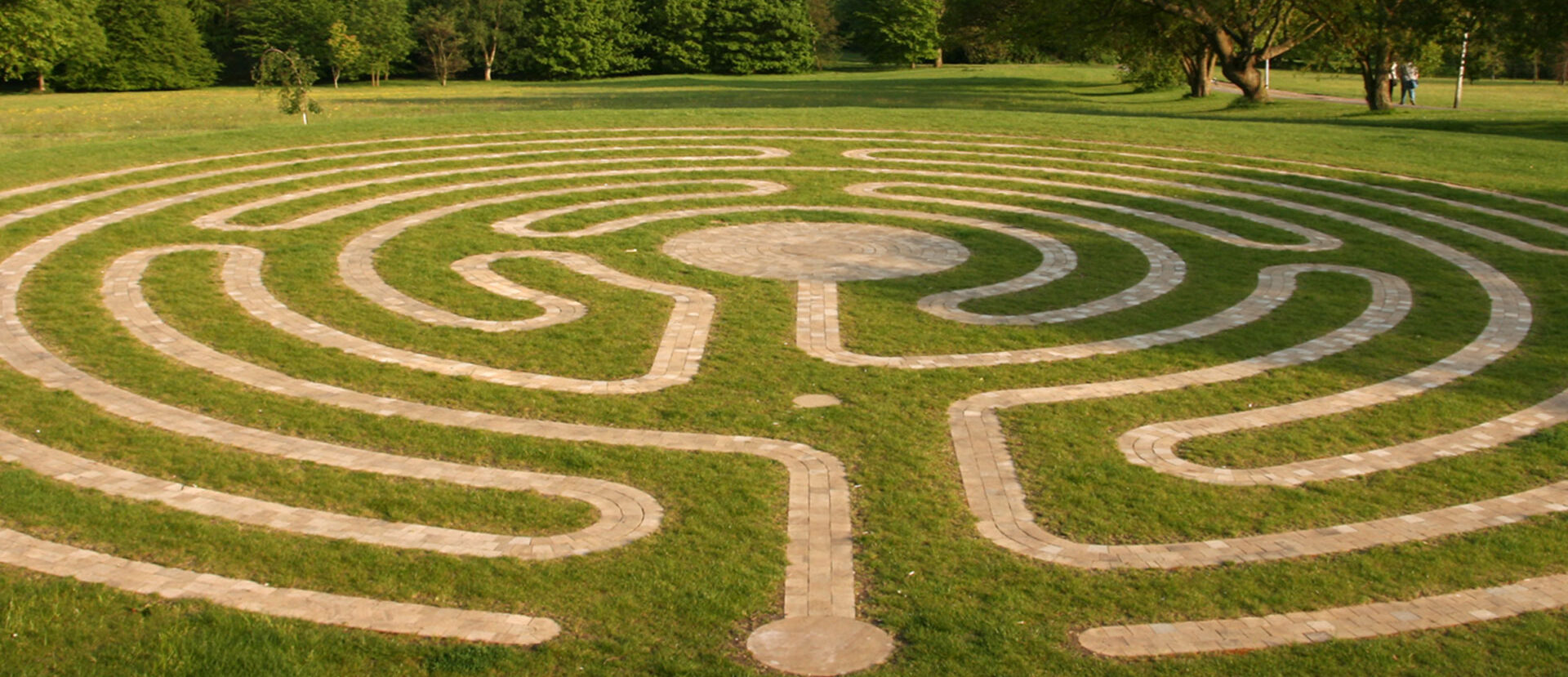In this study, by abuse, we mean a person’s experience of harm by someone who has some form of power or control in relation to them. This power can be linked to an abuser’s formal role in an organisation (e.g. as an imam, minister, priest, rabbi or other religious leader) or the informal power that person exercises in a community or group. It can also be the power of someone who is regarded as having particular expertise (e.g. as a healer, counsellor, or teacher), or various forms of power that people have in a family, household or other personal relationships. Abuse can take a wide range of forms. The expressions and effects of abuse can be physical, sexual, emotional/psychological, financial and/or spiritual, and can include coercive control over a person’s decisions and actions. Abuse can take the form both of a single, acute incident or of multiple experiences over a period of time.
By religious context, we mean any social situation or interaction in which people’s relationships, ways of thinking or practices are influenced by religious meanings. This can include formal religious settings like churches, mosques, synagogues and temples or faith-based educational or health provision, other religious groups or contact with individual practitioners who operate on a religious basis. It can also include relationships in families, households or other informal relationships which are shaped by religious meanings.
Although this focus may appear broad, in terms of the range of experiences and contexts it covers, we believe that this is an important approach for capturing over-arching themes. Through taking this approach, this study intends to complement other research on specific forms of abuse or specific faith communities by identifying under-lying issues that may be common to particular forms of religious context or to wider policy and professional approaches to abuse in faith communities.
